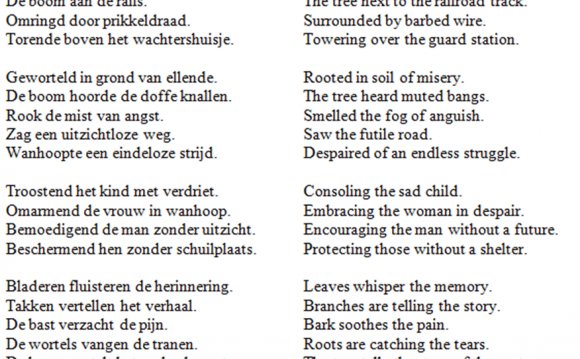
Now that you have mastered the fundamentals of Old English grammar, you are ready to learn a few tricks for translating that will make your tasks easier.
Modal plus Infinitive
The modal plus infinitive combination is very common in Old English poetry. Remember a modal is a helping verb such as "could, " "would, " "should, " or "must." While in Modern English a modal would be followed by a verb in the correct number for the subject ("I should go to the store"), Old English speakers would use an infinitive ("I should to go to the store"). Remember that the infinitive ends in "an" or "ian."
Once you can recognize the modal plus infinitive construction, you'll start seeing it everywhere in Old English poetry:
Nu we sculan herian ("Now we must to praise" = "Now we must praise").
The modal and the infinitive can be in either modal+infintive or infinitive+modal order:
Ic swefna cyst secgan wille ("I wish to tell of the greatest of dreams").
The modal and the infinitive do not always need to be next to each other in the sentence:
Mæg ic be me selfum soð-giedd wrecan ("I can to sing a true song about myself" = "I can sing a true song about myself")Partitive Genitive
The partitive genitive is a construction used to indicate one or more things which are a subset of a larger group. We still use the partitive genitive in Modern English in phrases such as "five of them" in the sentence "Five of them approached the king, " but we would find the phrase "Seven of people approached the king" to be ungrammatical. In Old English, however, the equivalent of "five of people" would be perfectly idiomatic. Thus we get sentences like
Þær wæs madma fela ("There was many of treasures" = "There were many treasures")
Fela ðæra wæs wera ond wifa ("There was many of men and of women" = "There were many men and women")
Note that the word "fela" ("many" ) is used very frequently with partitive genitive nouns.
Locative Dative
At the beginning of this book, in the Word Order and Cases section, we discussed the ways the dative can be translated using Modern English prepositions. We also noted, in our discussion of the accusative case, that the accusative can be used to indicate "motion towards" something. The dative case is often used to indicate a location (hence "locative") with the idea of something being stationary rather than moving. You will almost always get this sense of the dative correct by translating with "in, " or "on, " but it can sometimes help to remember that a dative without a preposition may simply be indicating location.
The "ge" Prefix
Many verbs have the prefix "ge" appended to them. "Ge" often indicates a perfective form of a verb (something that has been done once and is finished), and is frequently found when the past participle is used.
You notice the prefix "ge" when you are looking up verbs in a glossary or dictionary. Usually the dictionary will list the verb alphabetically under the infinitive without including the "ge" prefix. Thus "ge&æ134;olian" would be listed under "ðolian" and "gemanian" under "manian." Words that take a "ge" prefix may be listed in a form like "(ge) ðolian" but nevertheless alphabetized under "ðolian."
But a few dictionaries will alphabetize some verbs with "ge" prefixes under "ge" (usually this is only done with the few verbs that always take a "ge" prefix).
Thus when looking up a verb in the dictionary you should first subtract the "ge" prefix and search for the infinitive. If you can't find it, then look under "ge."
There is the additional confusion that some nouns can take a "ge" prefix as well. This usually occurs in the plural and indicates some sort of jointness or togetherness about the noun: "gebroðru" ("brothers"). Again, your best bet is to mentally delete the "ge" and look up the root of the word first, only searching for the "ge" form if you don't find a root.
MORE TRANSLATION VIDEO




 A bilingual dictionary or translation dictionary is a specialized dictionary used to translate words or phrases from one language to another. Bilingual dictionaries can be unidirectional, meaning that they list the meanings of words of one language in another, or...
A bilingual dictionary or translation dictionary is a specialized dictionary used to translate words or phrases from one language to another. Bilingual dictionaries can be unidirectional, meaning that they list the meanings of words of one language in another, or...








